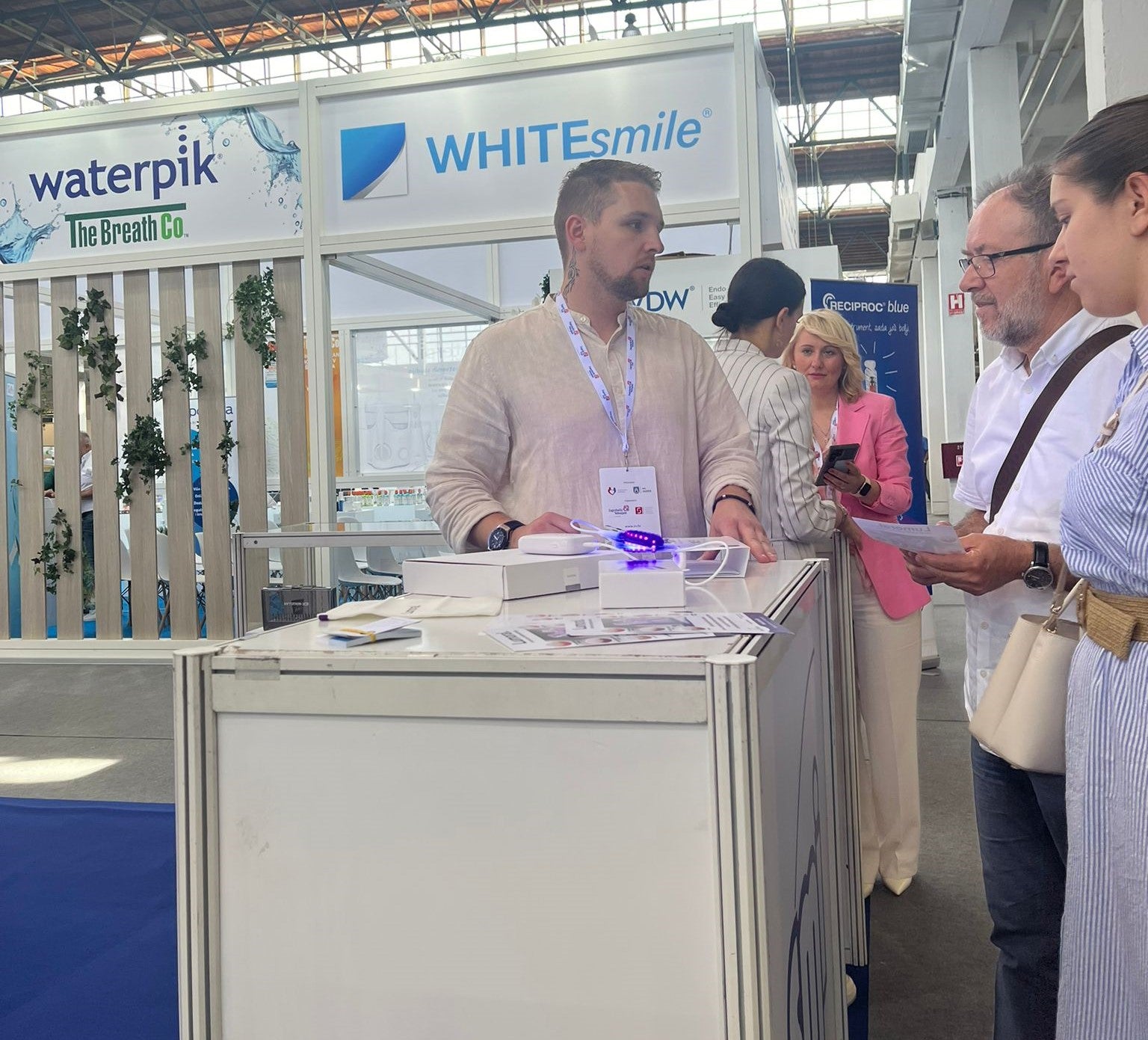- All posts
- 8 Media Venture
- althetics
- aMMP8
- Annimari Korte
- Antibiotic resistance
- Apotek Härtat
- Aqua Dental
- athlete
- Award
- Baltics
- Bonnier
- Bonnier News
- Brain health
- Business
- Cancer
- cardiovascular disease
- caries
- Chemo therapy
- children
- collaboration agreement
- Croatia
- Denmark
- Denta
- Dental erosion
- Dentex
- diabetes
- Dual Light
- Duodecim
- EFP
- EFR
- Estonia
- EuroPerio
- event
- Expodental
- FIBO
- fund raising
- general health
- Gingivitis
- Gum disease
- HAP
- HealthHub Pharma
- HIDES
- Hospital infections
- hospital-acquired pneumonia
- IBD
- Iceland
- IDS COLOGNE
- implantology
- invest
- investment
- italy
- Koite Health
- Latvia
- Lithuania
- lumoral
- Lumoral App
- Lumoral Junior
- Maritime industry
- Media
- MegaGen
- Movie
- News
- Nordic markets
- Nordics
- O
- Olympics
- Oral health
- Oral hygiene
- Oral mucositis
- Patent
- PDT
- peri-implantitis
- Perio Master Clinic
- Periodontitis
- periodontology
- Photodynamic therapy
- Press
- Ranking
- Romania
- Scandinavian Society of Periodontology
- Science
- Seafarer
- Seedtable
- share issue
- Shareissue
- Siblings movie
- Spain
- spots
- Stroke
- Study
- sweden
- Tartar
- techtour
- Thailand
- UK
- United States
- Valentine's Day
- WHO
- World Cancer Day
- World Health Day
- World Heart Day
- world oral health day
- World Smile Day

New advances in periodontitis treatment: Lumoral study makes progress in Lithuania
A promising study is underway in Lithuania to investigate the effectiveness of Lumoral Treatment medical device in treating more severe stages of periodontitis. The study "Regular home-use of dua...

World Heart Day 2024: Highlighting the Critical Connection Between Oral Health and Heart Health
World Heart Day, launched by the World Heart Federation (WHF), is celebrated each year on the 29th of September. The global event aims to raise awareness and encourage action for heart health. Card...

Poor oral health can increase the risk of stroke
Every year, over 13 million people worldwide die from stroke. However, many of these incidents could be prevented through relatively simple means, such as a healthier diet, more exercise, or improv...

Good oral health is vital for athletes
Those who play sports are at greater risk of dental diseases such as caries and periodontitis. Therefore, taking care of your oral health is particularly important because problems can also affect ...

Lumoral Showcased by Med-Faktor at Dentex 2024 Fair
The International Dental Medicine Fair, commonly known as Dentex, once again brought the dental industry to the forefront from June 6-8, 2024. Organized by Zagreb Fair and the Croatian Chamber of D...

17th MegaGen International Symposium Shines the Spotlight on Antibacterial Lumoral Treatment
The 17th MegaGen International Symposium in Rome, Italy, will be held from May 30 to June 1, 2024. Organized by MegaGen, a leading dental implant company, the event gathers dental experts worldwide...